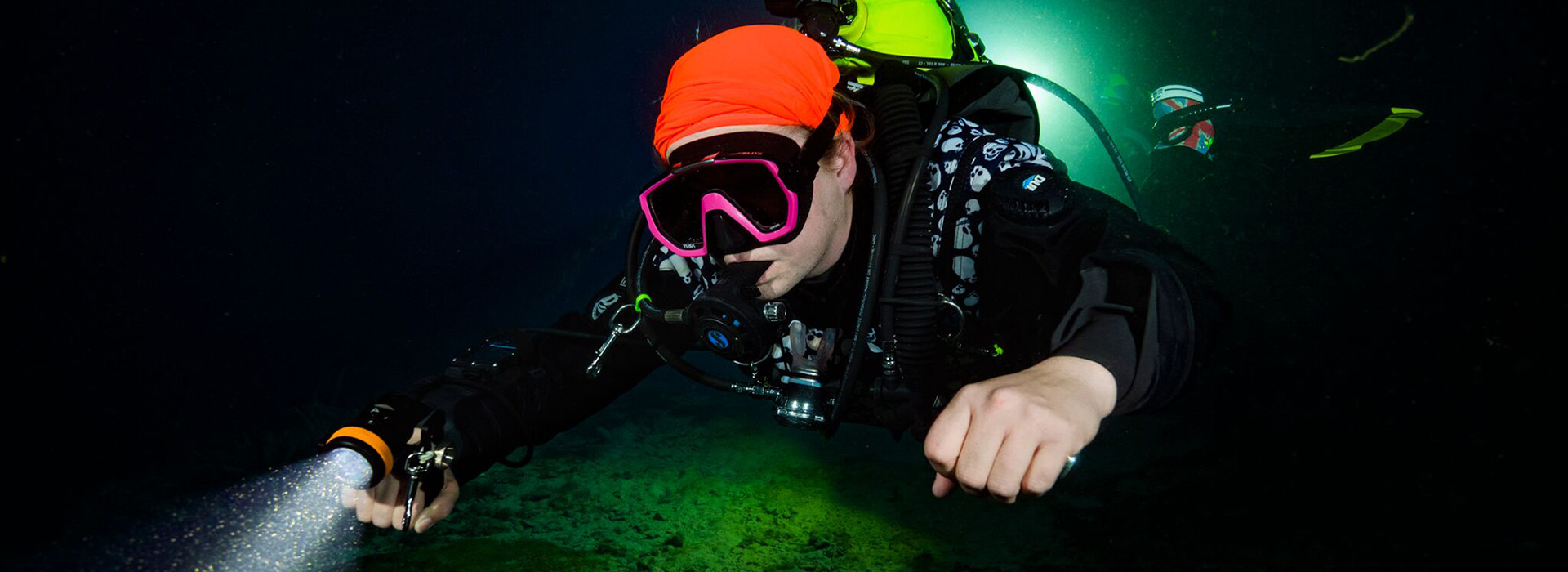10 Things You Can Do For The Ocean
By SCUBA DIVING
Media Reports
1. DON'T FEED THE ANIMALS.
Or touch them. Or ride them. All of these interactions can interrupt the animals' feeding and mating habits enough to put them in danger.
2.TAKE ONLY PHOTOGRAPHS, LEAVE ONLY BUBBLES
If each diver refrains from taking a souvenir home from the deep, there just might be something left for the next diver that's worth seeing.
3. SHOP FOR SUSTAINABLE SEAFOOD.
Some fish stocks are well-managed; others are being fished to the brink of extinction. Some farmed species offer hope for meeting humanity's rising food demands; others are destroying coastal environments around the world. It's tough to know what's the right thing to buy or eat; luckily, several environmental groups have committed much energy and research to these very questions.
4. IF YOU HUNT OR COLLECT FOR FOOD OR TROPHY, OBEY THE LAWS AND CONSIDER YOUR IMPACT.
Try not to take too much of any one species, and if you are diving with novices, consider that they will likely follow your example the next time they dive--and so will the friends they bring down below, and so on.
5. JOIN A CLEANUP.
Each September, hundreds of thousands of people around the world gather on beaches and below the surface for the International Coastal Cleanup. But at least as important as the debris that's picked up off the shore is the valuable data on ocean currents and marine pollution that researchers glean from the notes of volunteers.
6. SUPPORT MARINE PROTECTED AREAS.
These underwater parks offer marine life a needed refuge to recover from decades of intensifying fishing pressure. If the parks charge or request a user's fee, think of it as a down payment on the heirlooms we owe the next generation of divers.
7. REDUCE, REUSE, RECYCLE.
The fewer disposable containers we use, the fewer we'll see in the ocean and shorelines. Dispose of toxic wastes — especially batteries — in the safest way available to you; many communities collect such wastes.
8. BREAK THE OIL ADDICTION.
The less you drive, the more you take public transportation, car pool or bike, the fewer fossil fuel emissions trickle their way into our oceans. A 2002 National Academy of Sciences study found that the oil flowing from our streets and driveways into the oceans amounts to one Exxon Valdez oil spill, or nearly 11 million gallons, every eight months.
9. BOAT RESPONSIBLY.
When you're on a boat, take care not to lose anything overboard. Secure everything, and return all trash to land.
10. DON'T CROWD DIVE SITES.
If the dive site is packed, ask your fellow divers and dive operator if they mind seeking out a less crowded site. Crowds can't help already-stressed reefs.
